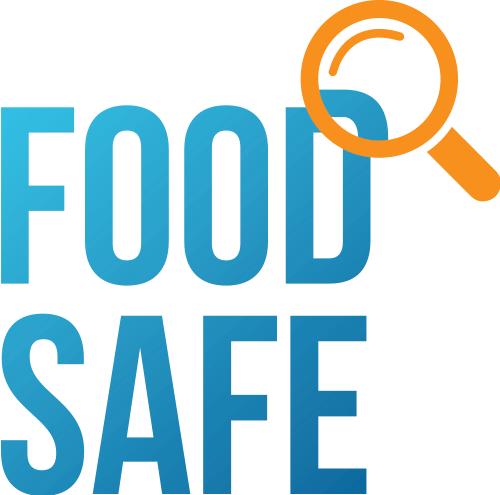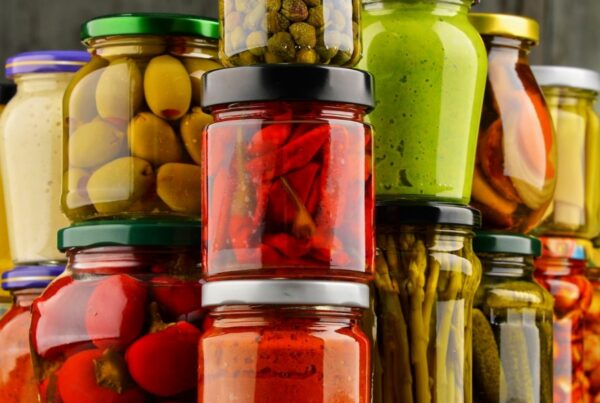This guidance below is broadly suitable for All Councils, Environmental Health Inspections and Regulatory Food Safety Verifications
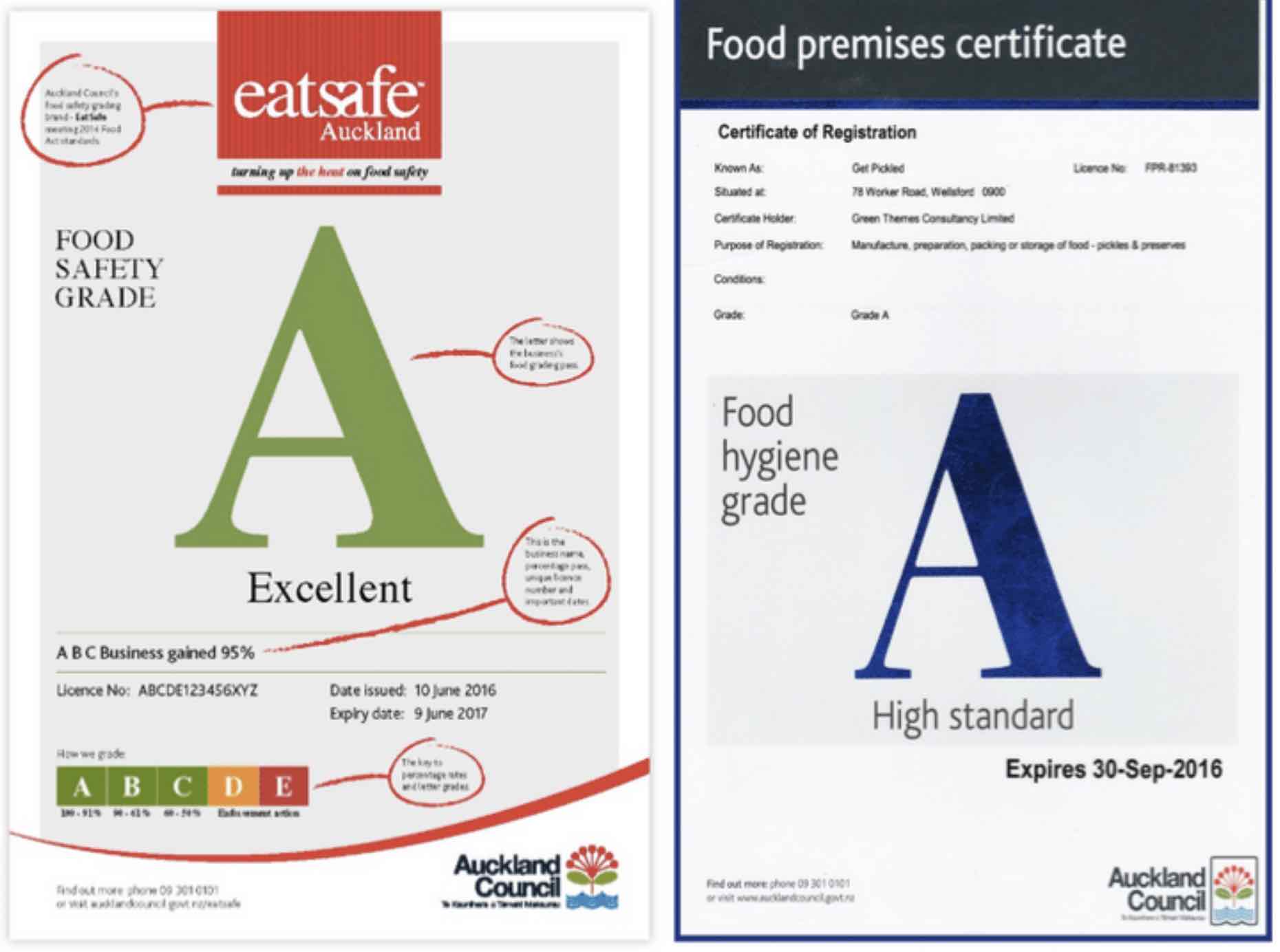
Food safety grading/Eatsafe grading is a new grading system introduced by the Auckland city council based on the Food Safety Act, 2014 (FA,14) which was enforced from March 2016. Earlier the food outlets were governed by the Food Hygiene Regulations 1974 (FHR) which is now replaced by the FA,14.
As a result, there are two grading schemes, all the food business which works under the FHR still follow the same procedure while the other business which work on Food Safety Act, 2014 follow the Eatsafe grading system. However, all the FHR operated, and regulated businesses need to implement and register under the FA,14 by the 1st of July 2018.
It is essential for every food outlets/food business owners / retail owners (i.e. takeaways, cafes, restaurants, lunch bars, dairies, supermarkets, butchers, greengrocers, etc) to display the food safety grading certificate to ensure that the public is informed of the food safety standards achieved.
Unlike the previous food safety acts, the 2014 Food Safety Act focuses more on the food processes that the food product has gone through rather than taking account of the premises where the food is manufactured. However, the new grading is based on factors such as food processes, cleanliness, cooking and chilling steps, food operator’s knowledge and experience. In addition, food composition and labelling also play an important role in deciding the grades of eateries/food outlets.
FHR operated businesses are assessed based on their compliance to FHR and food hygiene training requirements of the Auckland Council bylaw. FHR grading does not have C grade, if any critical risk is observed then an automatic E grade is awarded to the food outlet. By the Environment Health Officer (EHO). On the other hand, food businesses under Food Safety Act -14 are assessed based on their compliance to Food Control Plan (FCP).
FCP assessment is based on its verification of three major components:
- Document review: documented procedures are checked, and the identification of risks and hazards and how the business will address them is also checked
- Records: the records that the business must keep are examined
- Reality check: the processes are observed, and staff are questioned to ascertain whether FCP requirements are being followed.
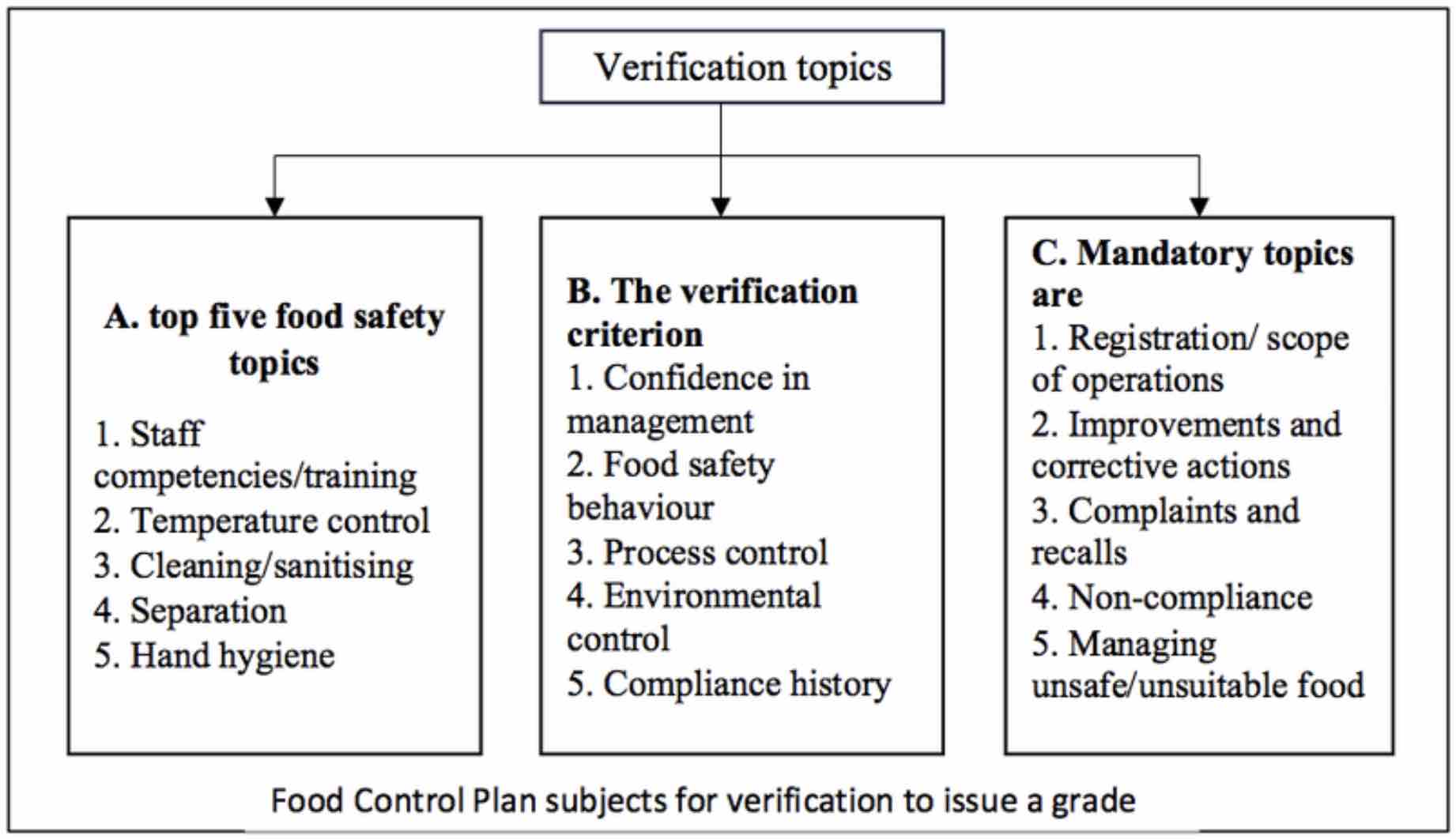
Criteria for verification steps are explained in the supplementary document below (Courtesy: MPI and Auckland council). Thus, Food safety grading is based on 4 Cs – Cook, Clean, Chill, and Conduct, as the Council says.
As a result of the verification outcomes, every food outlet is issued a grade A-E, A grade is 91 -100%, B grade is 90 – 61 %, C grade is 60 – 50 %, D and E grades. All the above grades are monitored and generated electronically by the council verifier. The software will automatically calculate the grade based on the score awarded to a reality check, process or records.
For a food business to be awarded an A or B, the outcome needs to be in acceptable levels. D and E grade would generally mean the levels achieved by the outlet is unsatisfactory /unacceptable. However, a C grade generally denotes an acceptable/ unacceptable outcome with no FSO action (food safety officer).
In any instance, if a verifier identifies a critical risk to food safety with the food outlet, the FSO usually steps in to investigate and comes up with a working measure against the risk. There have been cases where a food business is issued with an E or D grade due to food complaints when the business is unsuccessful in verification.
A ‘D’ grade is often issued when FSO puts forth a notice of direction/improvement notice in relation to food safety issue and an E grade is issued when the FSO closes the food business due to critical risk as a result of non-compliance, the business will be reopened only when the FSO feels there Is no food safety risk. An E grade certificate must be displayed until the next verification.
Contributor: Maya Murthy Malavalli
Postgraduate student, AUT (Food Science, Food Microbiology & QA)
Contributor acknowledgment: I would like to express my sincere gratitude to Alan Ahmu, Team Leader Food Safety and Health Enforcement, Licensing and Regulatory Compliance from Auckland council and Ministry of Primary Industries, NZ for their extensive support and guidance in giving information on food safety grading.
If you would prefer to be walked through all the information above by an expert, you do have the option to avail of our Expert-Led LIVE Online Food Safety Training at a nominal cost of $195. More details in this video below.
Generic Food Premise Grading Assessment
Companies we’ve worked with:
We have collaborated and delivered training at a number of performance-fuelled organizations and global brands, some of which are outlined below.
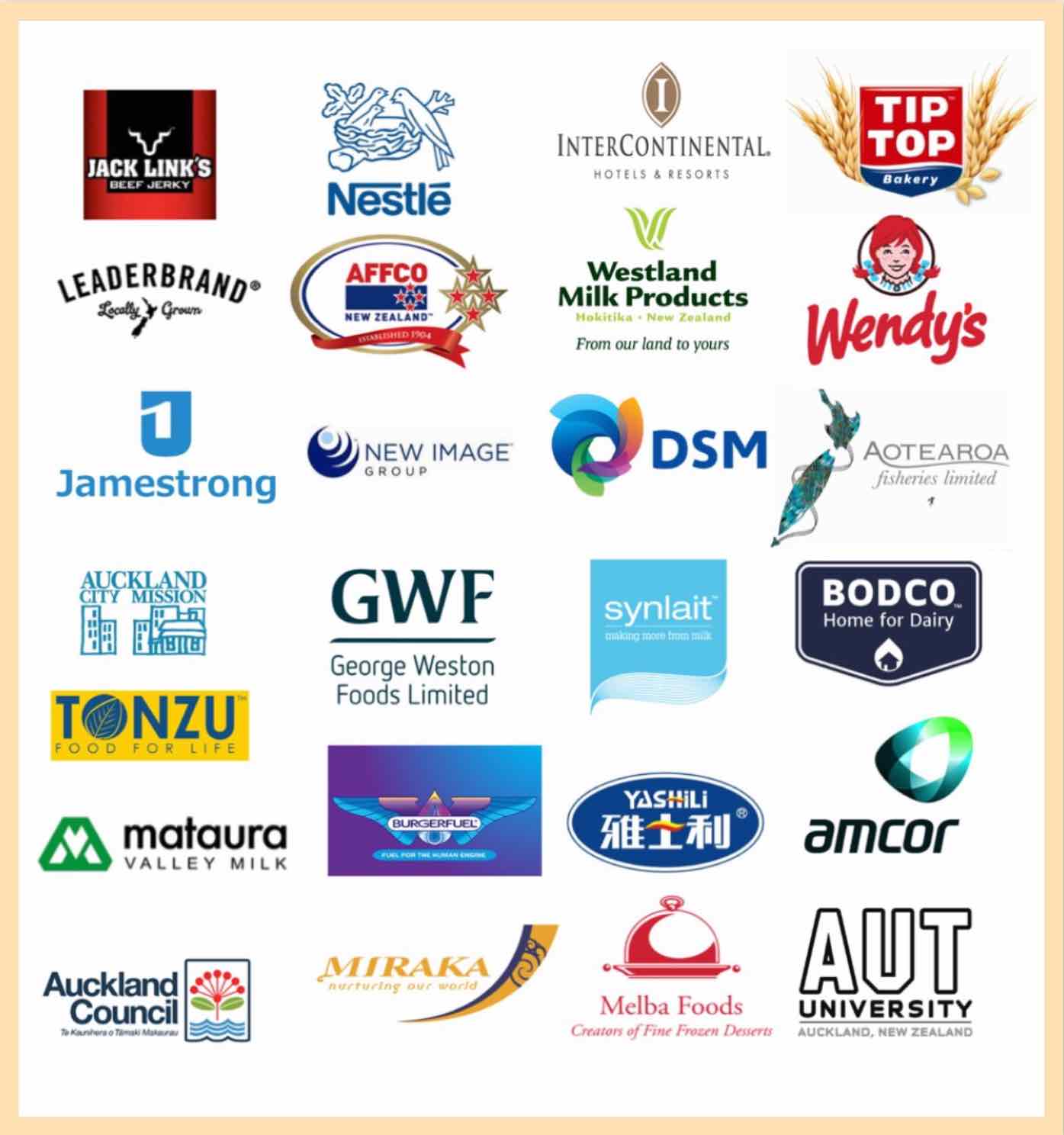
We have a proven track record of delivering customized training at companies throughout New Zealand from Moerewa in Northland to Gore in Southland and across New Zealand from the rugged West Coast to Waiheke Island.
Some useful checklists to help with your food safety management and grading below:
- Premises checklist
- Maintenance and services checklist
- Foodservice cleaning checklist
- Weekly cleaning programme checklist
- Temperature checklist
- Stock rotation checklist
We have designed a useful mobile-friendly internal audit for you below, to help proactively identify gaps, on a regular and on-going basis rather than only before your verifier audits. Feel free to use it and share it!
If you would prefer to be walked through all the information below by an expert, you do have the option to avail of our Expert-Led LIVE Online Food Safety Training at a nominal cost of $195. More details in this video below.
We have a proven track record of delivering customized training at companies throughout New Zealand from Moerewa in Northland to Gore in Southland and across New Zealand from the rugged West Coast to Waiheke Island.
